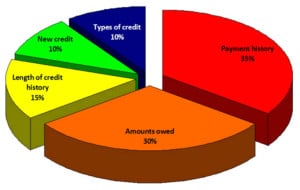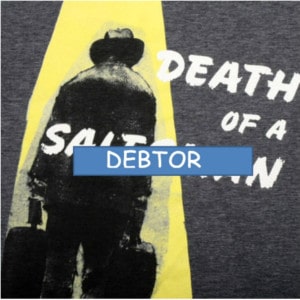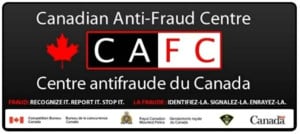 Bankruptcy Canada FAQ could change your life, but only if you took positive action after reading it. Can the Better Business Bureau (BBB) change your life? Definitely. We all think that the BBB could only change your life in a positive way. However the BBB could also change your life if it helped one of its member’s perpetrate a scam. If you suffer financial damage by relying on a BBB member’s scam, then you very well may have to read our Bankruptcy Canada FAQ to consider getting out of the debt the scam placed you in. In the past we’re warned you about several scams:
Bankruptcy Canada FAQ could change your life, but only if you took positive action after reading it. Can the Better Business Bureau (BBB) change your life? Definitely. We all think that the BBB could only change your life in a positive way. However the BBB could also change your life if it helped one of its member’s perpetrate a scam. If you suffer financial damage by relying on a BBB member’s scam, then you very well may have to read our Bankruptcy Canada FAQ to consider getting out of the debt the scam placed you in. In the past we’re warned you about several scams:
As consumers we all try to be diligent about companies we choose to do business with and it’s quite common to check with the BBB to see how they’re rated. However, it’s a common misconception that the BBB is a government agency that advocates and protects the consumer. We should be wary about relying on the BBB ratings. Any scam will hurt you and if it has caused a serious debt problem, then you will have to read our Bankruptcy Canada FAQ in order to change your life for the better.
What is the BBB?
- The BBB is NOT a government agency.
- It is a FOR PROFIT
- It is NOT a consumer watchdog.
- BBBs are franchises designed to generate profit.
- They sell advertising and memberships to companies.
How does a company acquire a BBB accreditation? Businesses pay a fee for accreditation review and monitoring for continued compliance and for support of BBB services to the public.
How is the BBB funded? The BBB is funded from the advertising and membership dues paid by its accredited companies.
Could this create a conflict of interest? This has been an ongoing issue and many are of the belief that this is a conflict of interest. Do you believe the BBB can accurately “rate” a company that is one of its paying clients? In addition only companies that are BBB members can defend their reviews and you can’t post a positive review about a company that is not a BBB member, so it’s not a level playing field.
Here is a perfect example: SaveOnResorts.com is rated an A+ by the BBB. Yet many websites including Scam-Detector, RipOffReport and ComplaintsBoard have numerous complaints against them dating as far back as 2007, and call it a travel scam. Even TripAdvisor advises caution when booking with SaveOnResorts. Logic dictates that there is no conceivable way that SaveOnResorts.com could have an A+ rating. Yet, they are a paying member of BBB and enjoy an A+ rating, which no doubt has cost many people money. There is nothing new about a travel scam, but one that comes with a glowing report from the BBB is a prime candidate to have to drive you to read our Bankruptcy Canada FAQ.
It seems that having a BBB accreditation will not prevent you from being ripped off by that BBB accredited member! Buyer Beware! Don’t take things for granted and always do your due diligence. Such a scam could cause you serious financial harm, forcing you to consider all options in dealing with your debt, including reading our Bankruptcy Canada FAQ to find out more about the bankruptcy process.
We hope that you will never be a victim of a scam or experience serious financial difficulties for any reason. But if life throws you a curveball, find out information by reading our Bankruptcy Canada FAQ and then contact the Ira Smith Team today. We can help put you back on the road to financial health with practical advice and a solid financial plan. You can also gain quick answers to find out all about the personal bankruptcy process by reading our Bankruptcy Canada FAQ. Starting Over, Starting Now you can put your money problems behind you and regain a great quality of life.
Watch for our next blog when we’ll be discussing Disaster Relief Scams.









